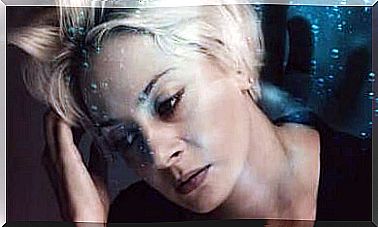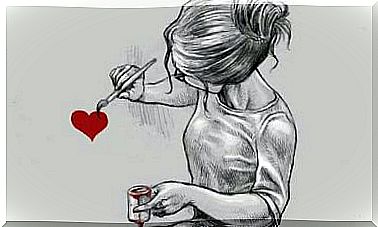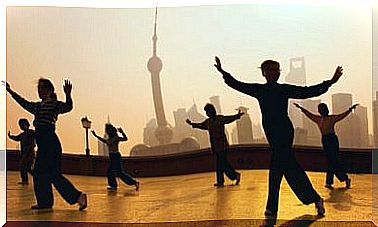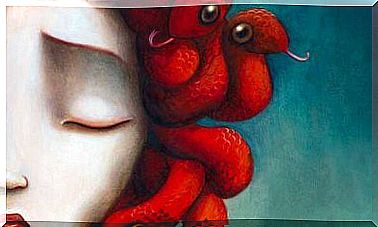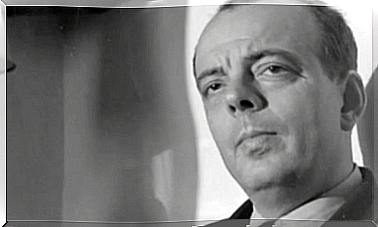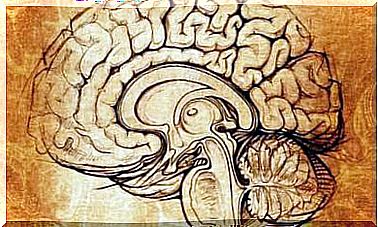María Montessori’s 15 Principles For Educating Happy Children
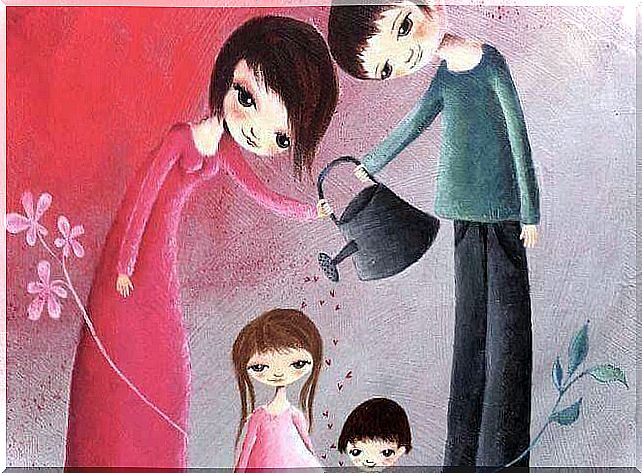
Help me do things on my own.
Maria Montessori
As is always the case in education, the pedagogy unearthed by María Montessori has been supported by loyal defenders, and criticized by virulent detractors.
Many argue that education as it is structured today does not see as viable the methodology introduced by the famous Italian educator between the end of the 19th and the beginning of the 20th century.
For her, school is not a space solely intended for the direct transmission of knowledge from a teacher or teacher to his students.
For Montessori, the child himself must develop his capacities more freely, and this thanks to specialized didactic material.
In the classrooms, one could find students of all ages who were free to choose what they wanted to work on, in order to improve their skills more independently.
They themselves defined their learning speed according to their particularities, and this in a less rigid context, where tables were not as important as they are today, and where children were free to move around as they liked. seemed to them in the classroom.
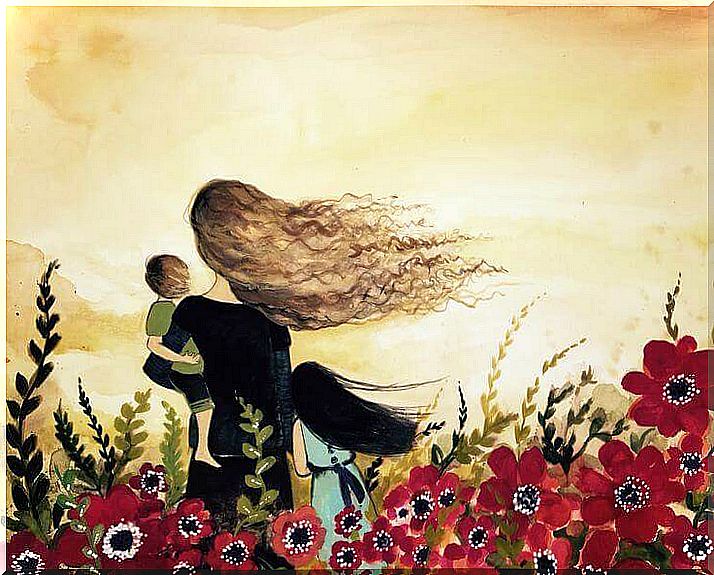
María Montessori’s educational perspective has had a global impact. It changed the educational landscape, to the point of clashing with the more conservative and classic sectors of education.
Today, this method advocating freedom of learning and the pupil’s own responsibility in the process of acquiring knowledge, is contested by the majority of educational centers. Only some private colleges apply these interesting strategies.
However, Montessori’s pedagogy of freedom, like that of hope formulated by Paulo Freire, does not set up enough pillars in our current education (or at least in few countries) .
Now you may be wondering, “But what then was the role of parents in raising their children? Was it important? ” . He was vital, and he is still vital.
The support, guidance and attention of parents are all fundamental elements to take into account if we want our children to be happy, and later autonomous and good adults.
In the rest of this article, you will discover 15 of the principles stated by María Montessori, which will surely help you to better educate your children.
The commandments of María Montessori for fathers and mothers
The primary role of education is to agitate life, while leaving it the freedom necessary for its development.
Maria Montessori
• Never forget one thing: Children learn from their surroundings. So be their best model.
• If you criticize your child, the first thing they will learn to do is judge.
• If, on the contrary, you compliment him regularly, then he will learn to value.
• If you show hostility to your child, he will learn to fight and argue.
• If you ridicule your child in the usual way, he will be a shy person.
• Allow your child to grow up feeling confident at all times; this is how he can learn to trust others.
• If you frequently despise your child, he will develop a very negative feeling of guilt.
• You need to show your child that his ideas and other opinions are always accepted ; thus, he will feel good.
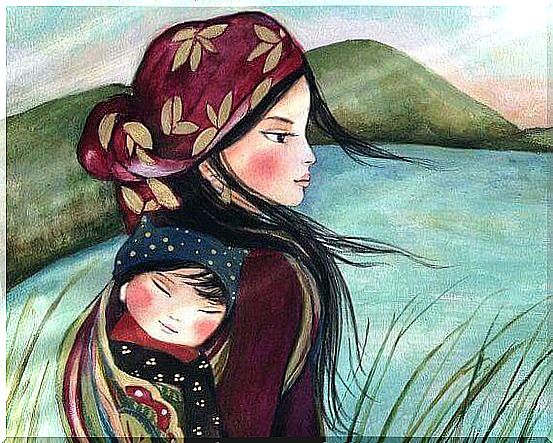
• If the child evolves in an atmosphere where he feels protected, integrated, loved and needed, he will learn to find love in the world.
• Don’t talk badly about your child. Neither in his presence, nor even in his absence.
• You must do everything you can to ensure that your child grows and develops optimally. Value its good points, so that there is never room for the bad again.
• Always listen to your child, and respond to them each time they ask you a question or make a comment.
• Always respect your child, even when he or she makes mistakes. Support him. Sooner or later he will fix his mistakes.
• If your child is looking for something, you must be willing to help him, just as you must be willing to allow him to find what he is looking for on his own.
• When you talk to your child, always do it the right way. Give him the best of you.
From the moment a child feels sure of himself, he no longer tries to have his actions approved by the adults around him.
Maria Montessori
